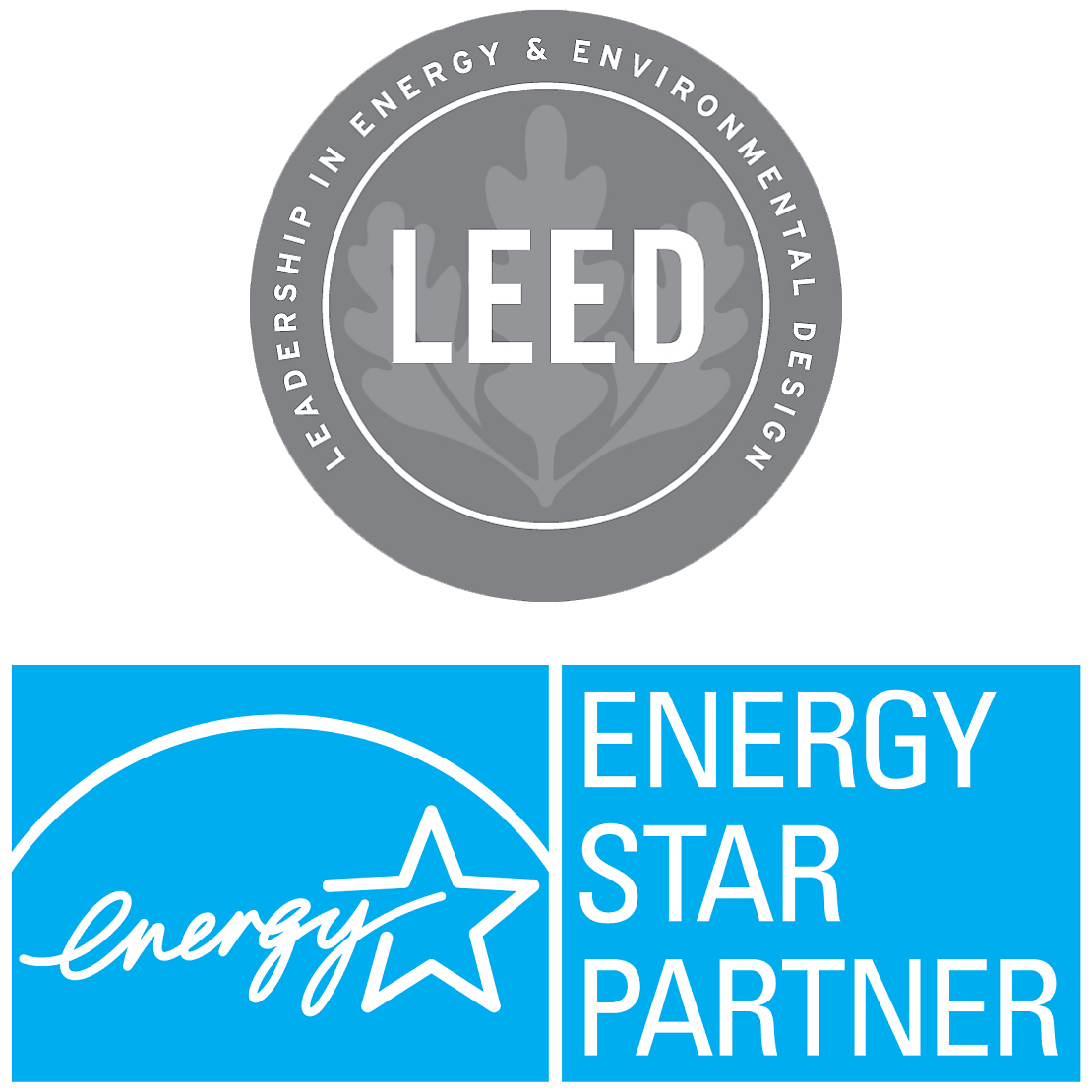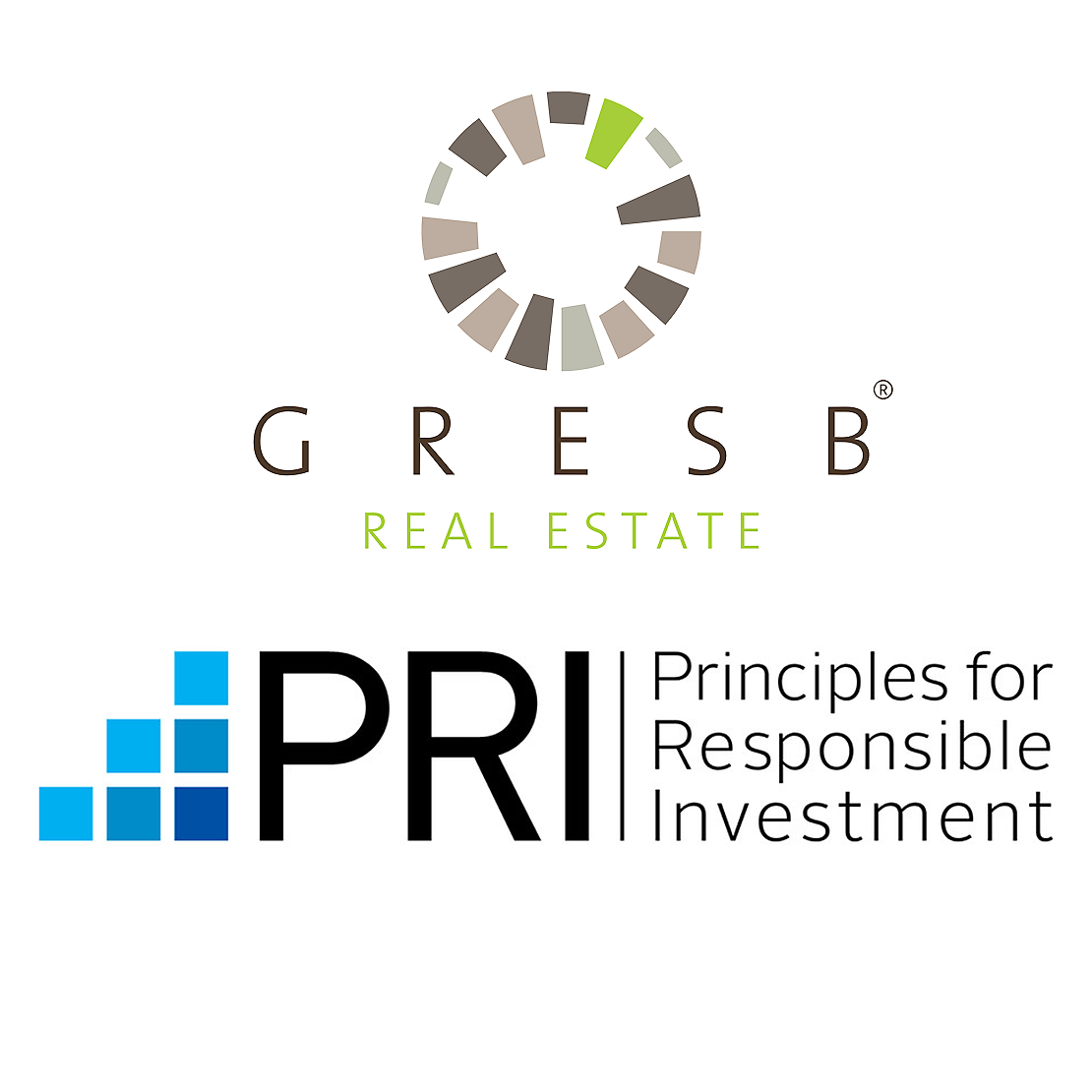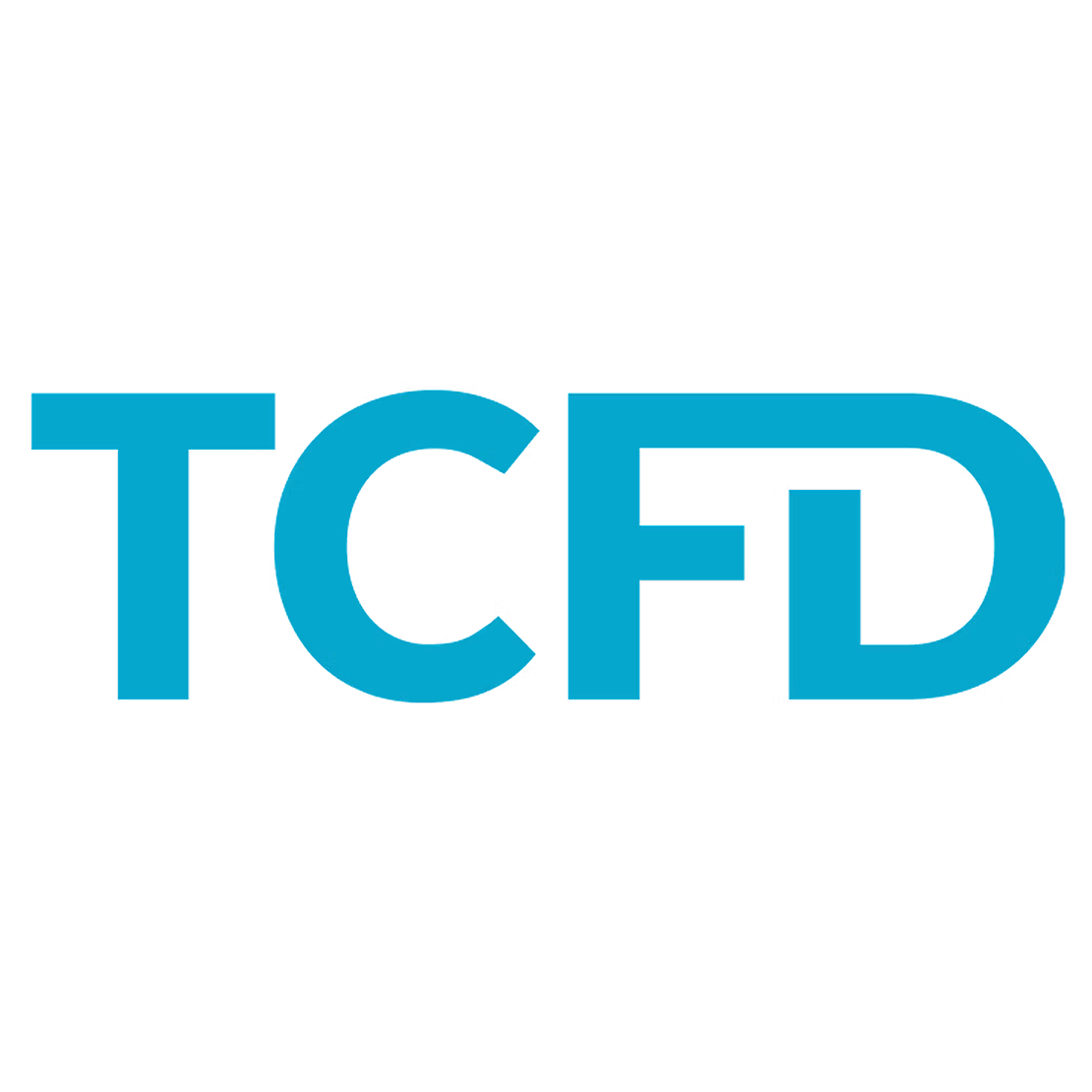Our Sustainable Investing Objectives
Our Sustainable Investing Objectives
New York Life Real Estate Investors (“REI”) believes that investment principles which incorporate sustainability best practices promote favorable relative returns for our clients over the long term.
Recognizing that sustainable investing is a continuous process rather than a time-bound project, REI is committed to the ongoing incorporation of sustainability into our investment decision making process, from acquisition to disposition. REI has fully integrated our sustainable investing objectives into our investment process and overall business strategy. By adhering to our objectives we seek to deliver high-quality products and services to our clients and tenants. Demonstrating our commitment to sustainable investing, REI is a member of GRESB and a signatory to the UN Principles for Responsible Investment (“PRI”).
Environmental
Environmental
- Monitor consumption and evaluate strategies by identifying and implementing feasible efficiency projects to achieve our reduction targets for energy, greenhouse gas emissions, water, and waste & recycling.1
- Strategically evaluate green building certifications across our portfolio, such as: LEED, Green Globes, BREEAM, and IREM CSP
- Pursue ENERGY STAR Certification at all eligible buildings on an annual basis.
- Notable Achievement: Earned ENERGY STAR Certification for 30 buildings in 2022, making us a Premier Member of Certification Nation.

Governance
Governance
- Launch a Sustainability Committee and Taskforce to lead and direct our efforts.
- Members include strategic stakeholders from Asset Management, Investor Relations, Investment Committee, Acquisitions Team and other departments.
- Members include strategic stakeholders from Asset Management, Investor Relations, Investment Committee, Acquisitions Team and other departments.
- Align our sustainable investing program to industry standards including GRESB and UN Principles for Responsible Investment (“PRI”) and regularly report to these frameworks to assess the sustainability performance of our real estate portfolios.
- Enact governance policies that create long-term value and potentially reduce risk to investors. These include:
- Support portfolio oversight through appropriate internal controls, policies, procedures, and compliance oversight
- Mitigate investment risk by following a thorough investment due diligence and approval process
- Prevent and detect possible suspicious activity through our Anti–Money Laundering Program, Code of Ethics, and Conflicts of Interest Questionnaire
- Ensure employees are well informed through training related to governance risks
- Incorporate sustainable investing factors during the acquisition due diligence process for new investments.
- Support portfolio oversight through appropriate internal controls, policies, procedures, and compliance oversight
- Ensure compliance for our assets located in jurisdictions that require benchmarking or performance audits.

Resiliency
Resiliency
- Evaluate new acquisitions for climate related physical risks as part of the due diligence process.
- Identify opportunities to mitigate climate related risks from market, policies, and changes in technology that may result from a transition to a low carbon economy.
- Evaluate portfolio approach on climate risk analysis that aligns with recognized industry standards such as TCFD reporting framework.


SFDR
SFDR
The EU Sustainable Finance Disclosures Regulation (2019/2088) on sustainability-related disclosures in the financial services sector (the “SFDR”) requires New York Life Real Estate Investors, a division of NYL Investors LLC (the “Manager”) to publish information on the integration of sustainability risks in its investment decision making process and the consideration of adverse sustainability impacts. The Manager manages real estate focused funds. The following disclosures apply only in respect of those funds managed by the Manager that are subject to SFDR.
Sustainability Risks
SFDR defines “sustainability risks” as environmental, social or governance (“ESG”) events or conditions that, if they occur, could cause an actual or a potential material negative impact on the value of the investment. The Manager is committed to act in the best interests of its clients. In this fiduciary role, the Manager believes in taking a holistic view of an investment opportunity. The potential impact of various sustainability risks on an investment will differ by company, sector, geography, asset class, and the passage of time. For real estate equity investments, and if appropriate for a debt investment, the Manager will conduct sustainability risk-related due diligence and/or take steps to mitigate sustainability risks in an attempt to preserve the value of an investment.
For further information on the Manager’s ESG+R approach, please see the following link: https://www.newyorklifeinvestments.com/who-we-are/our-global-boutiques/nyl-investors/real-estate-investors/esg
Consideration of Adverse Sustainability Impacts
Adverse impact under SFDR is the risk of harm that an investment decision may have externally on sustainability factors. Sustainability factors are defined under the SFDR as environmental, social and employee matters, respect for human rights, anti-corruption and anti-bribery matters. For the time being, the Manager does not consider the adverse impacts of its investment decisions on sustainability factors, within the meaning of Article 4(1)(a) of the SFDR and the technical standards made under the SFDR in relation to the funds that it makes available in the EU. Among other reasons, this is because obtaining and/or measuring all the corresponding data systematically, consistently, and at a reasonable cost with respect to all investment strategies has not been standardized. Instead, the Manager considers whether to conduct adverse sustainability impact related due diligence as part of its investment decision-making process on a more bespoke basis and/or in taking steps to mitigate sustainability risks in an attempt to preserve the value of an investment. Depending on the availability of relevant data, the Manager intends at a later stage to consider disclosing on a voluntary basis where it considers the adverse impacts of its investment decisions on sustainability factors and where it has relevant data aligning with SFDR standards and will update this statement accordingly.
While the Manager may report information relating to data corresponding to its ESG+R approach in some of its funds to investors, this may not align with data requirements under the SFDR and its technical standards.
Remuneration
In addition to traditional financial metrics, remuneration of the Manager’s personnel is also calculated using non-financial metrics and performance indicators. The Manager is not subject to Article 5 SFDR with respect to remuneration.
1. The 10-year environmental reduction targets are relative to a 2019 baseline on a like-for-like absolute basis. The carbon emissions reduction goal relates to our Scope 1 and Scope 2 emissions. Targets apply to total-return Funds and exclude foreclosed properties.
Interim progress towards New York Life Real Estate Investors’ goal to reduce like-for-like GHG emissions by 25% from 2019 to 2029 is measured on an annual basis. With assistance from a third-party consultant, this process includes extracting property level consumption data from the EPA’s Energy Star website. An independent third-party is engaged on an annual basis to provide assurance verification on the GHG emission data being collected and reported.
Disclosures
Environmental, Social and Governance (ESG) managers may take into consideration factors beyond traditional financial information to select securities, which could result in relative investment performance deviating from other strategies or broad market benchmarks, depending on whether such sectors or investments are in or out of favor in the market. An independent third-party is engaged on an annual basis to provide assurance verification on the GHG emission data being collected and reported. Further, ESG strategies may rely on certain values-based criteria to eliminate exposures found in similar strategies or broad market benchmarks, which could also result in relative investment performance deviating.

Social
Social
Social